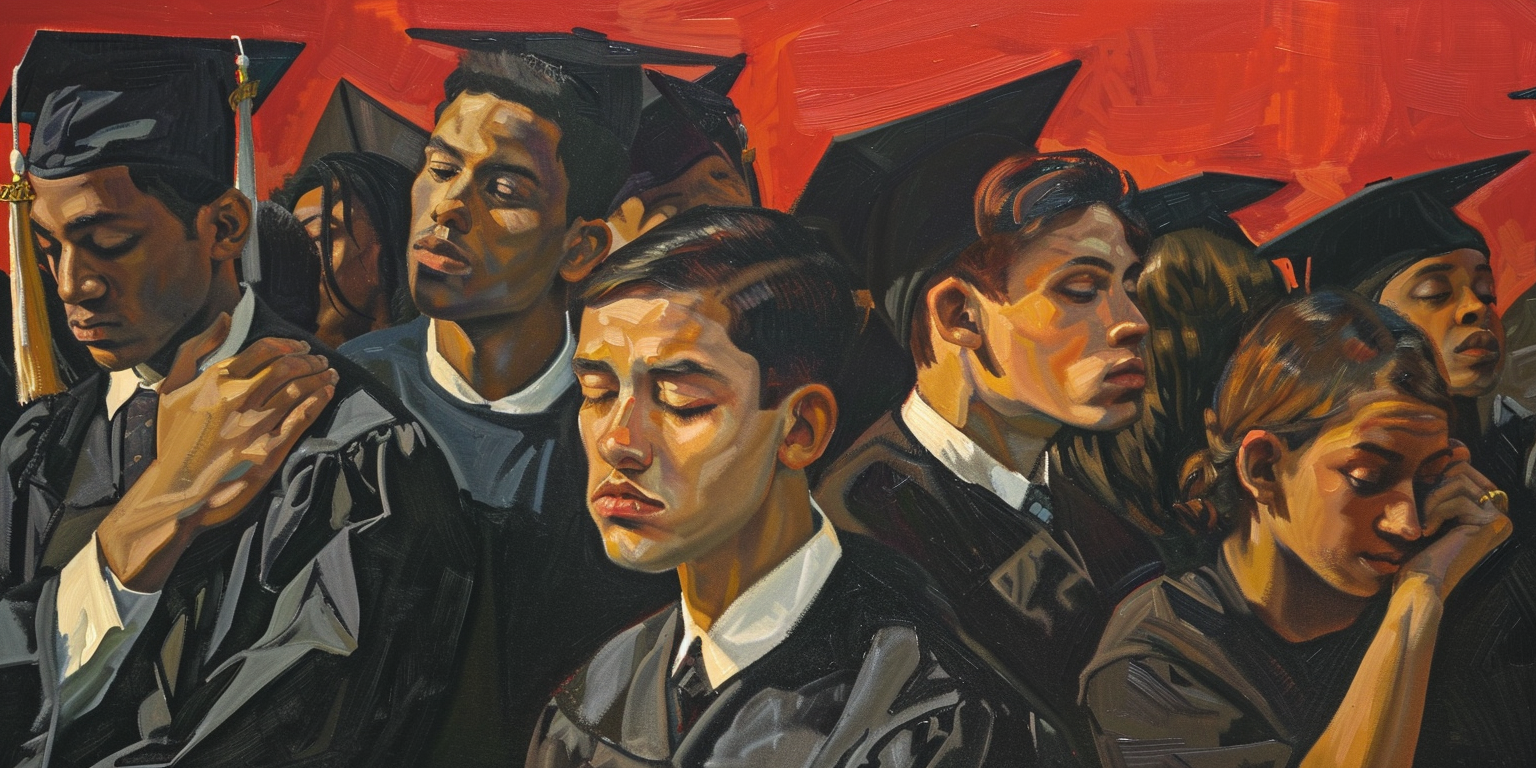
Is Psychology Facing an Identity Crisis?
Psychology is caught between scientism and postmodern activism, creating unique fault lines within the discipline

Psychology is caught between scientism and postmodern activism, creating unique fault lines within the discipline

What truly defines education? Is it merely a tool for power, or is there a deeper pursuit of truth, wisdom, beauty, and virtue? Academia faces an ongoing battle for its soul.

Higher education is in the midst of an era-sized shift, placing radical skepticism and activism at the center.

Higher education faces a crisis of purpose, with its moral and intellectual foundations eroded by modernism and postmodernism.

How do we perceive beyond now? Through Gadamer’s lens, tradition and dialogue expand our view, challenging modernity.

What is the best approach to ministering to those suffering through a Rumspringa period of youthful doubt, and help them resolve their perceived black swan objections to faith?

Is academic freedom compromised at religious universities like BYU? To the contrary, BYU’s religious mission creates an environment of academic freedom rare among U.S. Universities.

As one man grapples with profound questions about God’s presence, he discovers through personal encounters that God indeed listens, responds, and loves deeply, even amidst doubt.

Modern minds tend to exult in new ideas—while scoffing at those of the past. Could that hubris help explain some of our crises today?

One of the most fascinating rising Latter-day Saint philosophers sits down with Public Square Magazine to discuss consciousness, empiricism, and racism.

Five books that contain sentences and paragraphs and pages full of unique ideas that move our minds, touch our hearts, and fill our souls with light.